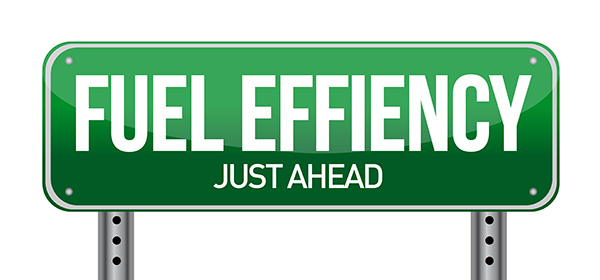
Fuel economy is something nearly every driver wants to maximize. Not only can better fuel efficiency save you money at the pump, but it also reduces your environmental impact. Whether you drive a compact car, a luxury SUV, or anything in between, making simple changes to your driving habits and maintenance routine can lead to significant improvements in your vehicle’s fuel efficiency. But how exactly can you achieve this?
Maintain Proper Tire Pressure
One of the easiest yet most overlooked factors in improving fuel economy is tire pressure. Underinflated tires create more rolling resistance, forcing your engine to work harder and burn more fuel. Conversely, keeping your tires properly inflated not only helps with fuel efficiency but also extends the lifespan of your tires.
Check your tire pressure regularly, especially before long trips. The correct tire pressure can usually be found in your car’s owner’s manual or on a label inside the driver’s side door. A simple air pressure gauge can be your best friend when it comes to maintaining this essential aspect of vehicle performance.
Drive Smoothly and Avoid Aggressive Driving
How you drive has a huge impact on your car’s fuel economy. Aggressive behaviors like rapid acceleration, hard braking, and speeding waste fuel and can drastically lower your vehicle’s miles per gallon (MPG). By driving more smoothly—accelerating gradually, coasting when possible, and braking gently—you can improve your fuel efficiency.
Cruise control is also helpful on highways as it keeps your speed consistent, reducing unnecessary acceleration and braking that burns extra fuel. Remember, it’s not just about driving fast—it’s about driving efficiently.
Reduce Excess Weight and Wind Resistance
Carrying around extra weight can put unnecessary strain on your engine and reduce fuel efficiency. Every additional 100 pounds in your car can decrease your MPG by about 1%, so clearing out heavy items from your trunk and backseat can make a difference.
Similarly, wind resistance plays a role, especially when driving at higher speeds. Using a roof rack or keeping your windows down at highway speeds can create drag and reduce your car’s aerodynamic efficiency. If possible, limit the use of external carriers or racks unless you truly need them, and consider using air conditioning instead of rolling down the windows when driving fast.
Keep Up with Regular Maintenance
Regular vehicle maintenance is key to improving fuel economy. A well-maintained engine operates more efficiently, helping you get the best MPG possible. Make sure to follow your car’s maintenance schedule, including:
- Oil changes: Fresh oil ensures your engine runs smoothly, reducing friction and the amount of energy it takes to move the vehicle.
- Air filter replacements: A clean air filter allows for proper airflow to the engine, which optimizes fuel combustion. A clogged air filter can lead to poor performance and increased fuel consumption.
- Fuel system cleaning: Over time, carbon deposits can build up in the fuel system, reducing efficiency. Using fuel system cleaners or having your fuel injectors professionally cleaned can improve performance.
Keeping an eye on your vehicle’s overall condition can lead to small gains in fuel efficiency that add up over time.
Plan Your Trips and Avoid Unnecessary Idling
Planning your trips and combining errands can help you minimize driving time, which saves fuel. Short trips that don’t allow your engine to warm up can be especially fuel-inefficient. So, it’s better to plan your errands in one go rather than taking several small trips.
Moreover, unnecessary idling wastes fuel. Modern vehicles don’t need to "warm up" like older models, so letting your car idle for long periods—whether in a drive-thru or while waiting to pick someone up—can quickly burn through your gas. Turn off your engine if you anticipate being stopped for more than a minute or two.
Use the Right Grade of Motor Oil
Using the manufacturer-recommended grade of motor oil is another simple way to improve your car’s fuel economy. The wrong oil can increase friction within the engine, making it work harder and use more fuel. Check your owner’s manual to ensure you’re using the correct oil for your car.
Some oils even contain additives that help reduce friction further, boosting fuel efficiency slightly. While this change alone won’t drastically improve your MPG, it can be a contributing factor when combined with other steps.
Want to save more at the pump? Visit Jeff’s Automotive for a comprehensive vehicle checkup. From tire pressure to engine maintenance, we’ll make sure your car is running as efficiently as possible, helping you improve your fuel economy and reduce costs.